Tories all at sea on boats
On hearing France’s interior minister, Gérald Darmanin, on why so many would-be migrants cross multiple safe countries to try to get to Britain, Australians may have detected echoes of Indonesia’s previous president, Susilo Bambang Yudhoyono, when he said Rudd and Gillard ‘put the sugar on the table’. The people-smugglers could sell illegal passage to Australia because once their clients were there, they were unlikely to be deported and generous welfare and other benefits awaited. Darmanin similarly said the UK was a magnet because it made itself ‘too attractive’. Its welfare system is lax, its one million illegal immigrants are used as a cheap black labour workforce and it achieves only a quarter of France’s rate of deportations. Others point to further inducements – hotel accommodation, three meals a day, mobile phones, no identity cards.
The tragedy off Calais, in which 27 would-be migrants in a flimsy boat died after it was hit by a tanker, recalled another moment in Australia’s experiences with the people-smugglers – the deaths 11 years ago of 50 as their boat smashed on the rocks off Christmas Island. Like Britain’s current Tories, Australia’s Labor government ministers wrung their hands and said there were ‘no easy solutions’ to stopping the boats. The difference was Labor faced a conservative opposition whose message was that there were in fact proven ways to stop the boats – turn-backs and off-shore processing, as implemented by the Howard government.
Whenever the subject of Australia comes up, Tory ministers tend to rhapsodise about kinship, shared history and institutions and the special family relationship. But, despite our parallels as targets of determined illegal immigration, the Johnson government gets hard of hearing when it comes to solutions that Australia showed were possible. That’s probably partly down to the surprising ignorance of many Britons, including the Westminster bubble, of how Australia twice stopped the boats. Many think the two countries’ circumstances can’t be compared, because the Australian mainland is more than 1,000 miles from Indonesia. In fact, of course, the vast majority of boats were heading from the south coast of Java to Christmas Island, 220 miles away, a shorter distance than one of the people-smugglers’ favourite European routes, Libya to Italy’s Lampedusa. UK commentators also prefer to ignore Australia’s successful demonstration that boat turnarounds can be done effectively, with no loss of life or injuries.
To be fair to Johnson, Australia’s experience shows that turnbacks to Indonesia required at least a tacit neighbourly green light. How ironic that Australia persuaded Indonesia – the world has no two more utterly different neighbours – to accept boat turnbacks, but the UK can’t persuade France, its partner in Nato, the G7 and the UN Security Council, to do the same. This of course is hypocritical of France, which routinely pushes illegal immigrants back into Italy.
Britain’s response to the boats crisis has descended into a French farce. The UK pays France £54 million for extra policing on its beaches, then footage emerges of police watching as another boat heads off across the Channel. On 11 November, when 1,185 illegal immigrants crossed the Channel – a one-day record – the French managed to stop 99. So France gets lots of money and offloads unwanted arrivals onto the old enemy – who are then accommodated in French-owned hotel chains like Mercure and Novotel. Especially with UK-French relations sour over post-Brexit disputes and submarines, Macron unsurprisingly has rejected Johnson’s suggestion that UK personnel help with coastline patrols.
Unfortunately for Johnson, the borders crisis has spun out of control on his watch. So far this year, almost 27,000 illegal immigrants have crossed the Channel, more than three times the number in 2020 and ten times that in 2019, when he came into office. France likes to blame Brexit for the surging numbers. While an EU member, Britain could in theory use the Dublin Regulation to send asylum-seekers back to the first member-state they had entered. But the mechanism in fact allowed very few deportations. More likely, the people-smugglers never imagined until recently that the Channel route was an open door. The Johnson government’s hopes for making the crisis go away are pinned on its Nationality and Borders Bill. This would limit lawyers’ current huge scope to challenge negative asylum determinations and would open the way for offshore processing. But few expect the bill to survive the House of Lords intact. Even if it did, Johnson would probably hesitate in fear of woke outrage.
His weak response to the crisis poses a real threat to Britain’s security. On 11 November, of all days, there was not only a record day for Channel illegal immigrant crossings but a terrorist near-miss when a jihadi failed asylum-seeker came close to carrying out a mass atrocity in Liverpool Women’s Hospital. That followed thirty-one late-stage mainly Islamist terror plots which have been disrupted in the UK in the last four years. Yet no one in polite society mentions that over 20,000 young men, who have thrown away their travel documents and about whom the authorities mostly know nothing, have arrived across the Channel this year. Some will hate the West and will wish to do Britain harm.
It’s extraordinary that the borders issue has been allowed to drift. Once upon a time Britain’s 007s would have complicated life for the people-smuggling gangsters (mobile phones suddenly not working, their money disappearing, the odd nasty car accident – all deniable of course) until they got the message.
Boris Johnson’s hopelessness on borders could destroy the Tories. He vowed to ‘take back control’ of immigration, but that is a spectacular failure. The issue could tempt Nigel Farage to return to frontline politics. That could lead either to a Tory correction or a split conservative vote, so risking Labour slipping into power. The Tories at least in theory accept the importance of borders. Labour, like the rest of the Western Left, doesn’t (except in relation to Covid lockdowns). If Labour gets back into power there’ll be an open borders free-for-all unlike anything seen previously.
Got something to add? Join the discussion and comment below.
Get 10 issues for just $10
Subscribe to The Spectator Australia today for the next 10 magazine issues, plus full online access, for just $10.
Mark Higgie: @markhiggie1
You might disagree with half of it, but you’ll enjoy reading all of it. Try your first month for free, then just $2 a week for the remainder of your first year.

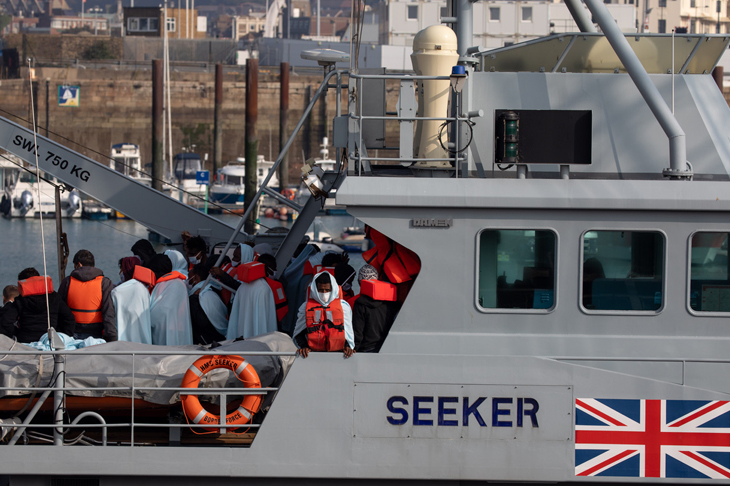
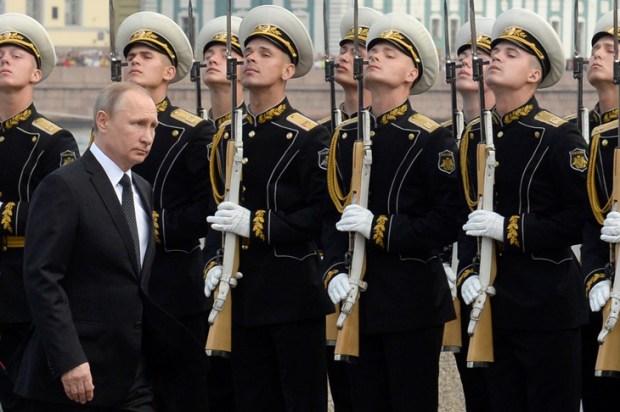
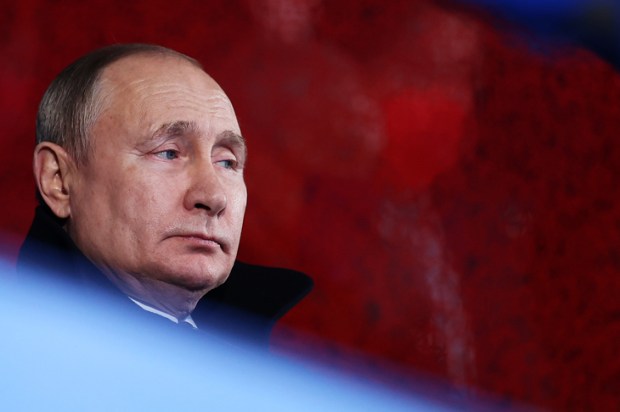

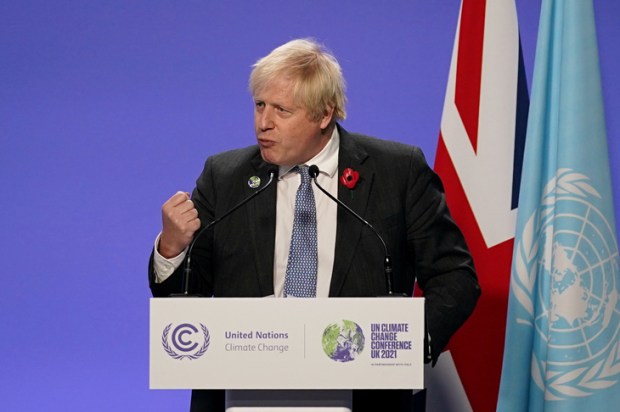
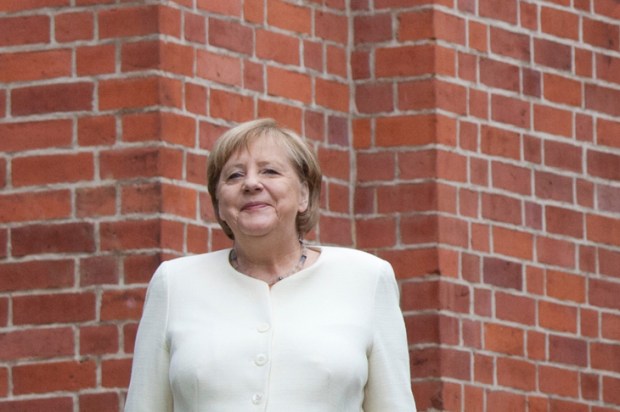







Comments
Don't miss out
Join the conversation with other Spectator Australia readers. Subscribe to leave a comment.
SUBSCRIBEAlready a subscriber? Log in